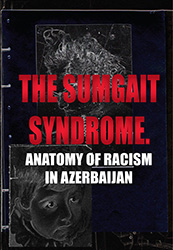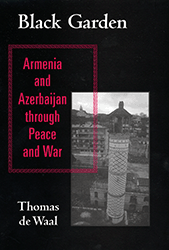PEACE TO KARABAKH
«Azg» (Yerevan), 2005, March 25
PEACE TO KARABAKH
(to the structure of settlement)
Ву Vladimir Kazimirov
Instead of introduction
Under this heading I placed my memoirs basically on the period when I was obliged to head Russia’s intermediary mission on Karabakh settlement, be representative of the President of Russian Federation on Nagorno Karabakh issue and also participant and co-chairman of the OSCE Minsk group from Russia (1992-96).
I would like to spur a serious study of history of peaceful and political settlement of Karabakh conflict. I shall be glad for critical remarks, corrections, even for refutations on separate episodes. I am ready to survey them, first of all, not from positions of author’s insulted vanity but from natural desire to attach more reliability to the description of events of recent past, which, unfortunately, already suffers both involuntary confusion and deliberate distortions. Moreover, I am ready to make corrections to my text or include alternative versions in view of remarks. I have turned to Azerbaijani and Armenian colleagues either involved in this process or closely watching it with an offer to draw the objective picture of Karabakh settlement history in this site.
read more














